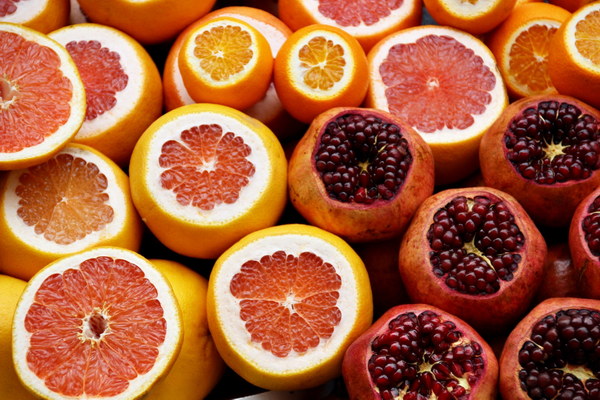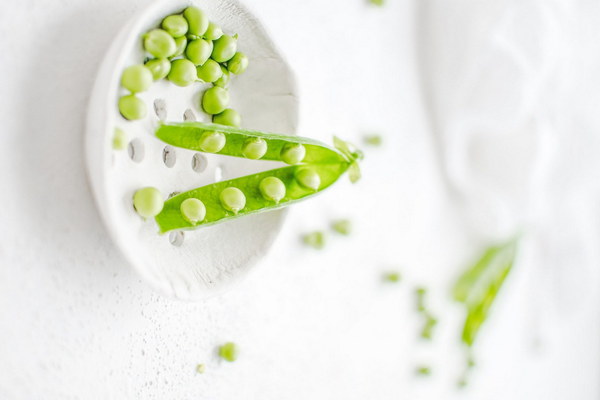Does Eating Only Winter Melon Really Help to Remove Dampness
Introduction:

Dampness is a common health issue in traditional Chinese medicine, believed to be caused by an imbalance in the body's fluids. Many people turn to natural remedies to alleviate dampness, with winter melon being one of the most popular choices. But does eating only winter melon really help to remove dampness? In this article, we will explore the benefits and limitations of using winter melon as a remedy for dampness.
Benefits of Winter Melon:
1. Diuretic effect: Winter melon contains diuretic properties, which can help to increase urine output and remove excess water from the body. This can be beneficial for those who suffer from edema or fluid retention.
2. Detoxification: The high water content in winter melon aids in the elimination of toxins from the body, helping to improve overall health.
3. Weight loss: Winter melon is low in calories and high in fiber, making it a great addition to a weight loss diet. It can help to increase satiety and reduce calorie intake.
4. Digestive health: The fiber in winter melon promotes healthy digestion, reducing the risk of constipation and bloating.
Limitations of Eating Only Winter Melon:
1. Nutritional imbalance: Relying solely on winter melon as a remedy for dampness may lead to a nutritional imbalance, as it does not provide a complete range of nutrients needed for the body's optimal functioning.
2. Limited effectiveness: While winter melon can help to alleviate dampness symptoms, it may not be sufficient to treat the underlying cause of dampness. Other lifestyle and dietary adjustments may be necessary for long-term relief.
3. Individual differences: The effectiveness of winter melon as a remedy for dampness can vary among individuals, depending on their specific health conditions and body composition.
Alternative remedies for dampness:
1. Diet: Incorporate foods with diuretic properties, such as radishes, cucumbers, and asparagus, into your diet to help alleviate dampness.
2. Herbs and supplements: Certain herbs, such as astragalus and codonopsis, are commonly used in traditional Chinese medicine to treat dampness. Consult with a healthcare professional before taking any herbal supplements.
3. Exercise: Regular physical activity can help to improve circulation and promote the removal of excess fluids from the body.
4. Acupuncture: Acupuncture therapy may help to balance the body's energy and alleviate dampness symptoms.
Conclusion:
While eating winter melon can provide some relief for dampness symptoms, it should not be the sole method of treatment. A balanced diet, healthy lifestyle, and other natural remedies may be necessary to effectively address the underlying causes of dampness. It is always recommended to consult with a healthcare professional before starting any new treatment or making significant changes to your diet.









